Canada-India relations strained over Nijjar assassination claims
- Update Time : Friday, October 18, 2024
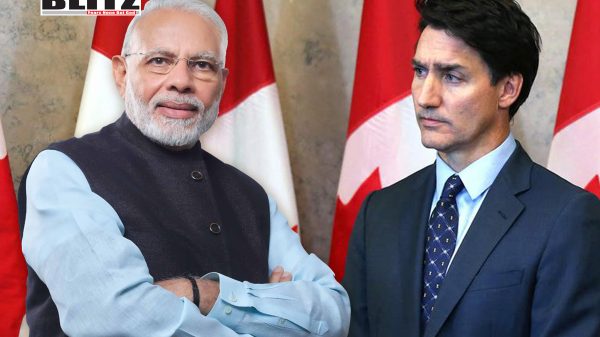
Diplomatic tensions between Canada and India have reached new heights following recent accusations by Canadian Prime Minister Justin Trudeau. On October 14, 2024, Trudeau accused the Indian government of making a “fundamental error” by allegedly supporting criminal activities on Canadian soil, a claim centered around the murder of Sikh separatist leader Hardeep Singh Nijjar in Vancouver. Trudeau’s remarks follow allegations from the Royal Canadian Mounted Police (RCMP) implicating Indian government agents in widespread violence, including homicides, that pose a “serious threat to public safety.”
The murder of Nijjar in June 2023 has since become the centerpiece of strained relations between Ottawa and New Delhi, with both sides engaging in diplomatic tit-for-tat actions. Trudeau’s government maintains that Indian involvement in Nijjar’s killing is substantiated by intelligence gathered by Canada and possibly by its ‘Five Eyes’ allies, while India continues to vehemently deny the allegations.
The political fallout between the two nations escalated in 2023 when Trudeau initially claimed that his government had credible intelligence linking Indian agents to Nijjar’s assassination. Hardeep Singh Nijjar was a prominent leader of the Khalistan independence movement, a separatist cause seeking the creation of a sovereign Sikh state in India’s Punjab region. His assassination in British Columbia has brought international attention to the issue of Indian separatism and Canada’s ties to Sikh activists.
Nijjar’s killing isn’t the only case that has sparked controversy. The case is connected to an attempted assassination of another prominent Khalistan leader, Gurpatwant Singh Pannun, based in New York. In November 2023, US prosecutors accused an Indian national, Nikhil Gupta, of conspiring to murder Pannun, alleging collaboration with an unnamed Indian government official. Both cases suggest a broader pattern of alleged Indian interference in foreign nations against Sikh separatist leaders.
India has consistently denied any involvement in these incidents and has accused Canada of harboring extremists on its soil. The Indian government claims Ottawa has appeased these individuals for political gain, particularly because the 1.8 million-strong Indian diaspora in Canada, primarily Sikh, is a significant voting bloc. This accusation underscores the broader political dynamics at play, with India accusing Trudeau’s government of exploiting the situation for domestic electoral gains.
In his testimony to the Hogue Commission on October 14, Trudeau reiterated his belief that agents of the Indian government were involved in the killing of Nijjar. He disclosed that intelligence from both Canadian agencies and allied ‘Five Eyes’ nations provided a credible basis for the accusations. The ‘Five Eyes’ intelligence alliance consists of the US, UK, Canada, Australia, and New Zealand, and the sharing of intelligence between these countries has been crucial in shaping Trudeau’s stance on the Nijjar murder case.
Trudeau explained that his initial strategy was to approach Indian intelligence officials diplomatically, aiming to avoid a significant rupture in relations. However, he expressed frustration at India’s demand for more concrete evidence, noting that the information was still primarily intelligence-based, lacking the hard proof India insisted on seeing. Trudeau claims India refused to cooperate, instead accusing Canada of harboring extremists and interfering in Indian domestic affairs.
In his testimony, Trudeau also described a contentious exchange with Indian Prime Minister Narendra Modi during the G20 summit in September 2023. Modi deflected questions about the Nijjar killing, instead demanding that Canada address the Khalistan separatists operating within its borders. While Trudeau reaffirmed Canada’s policy of “One India,” he emphasized that Canadian citizens, including Sikhs, have the right to express their political beliefs freely. This clash in perspectives on free speech and sovereignty has only exacerbated the already strained relationship between the two countries.
Following the RCMP’s findings and Trudeau’s accusations, diplomatic relations between Canada and India hit a new low, with both countries expelling diplomats in a tit-for-tat move. On October 14, Canadian Foreign Affairs Minister Melanie Joly announced the expulsion of six Indian diplomats, claiming that the decision was made after gathering “ample, clear, and concrete evidence” that linked these individuals to the Nijjar case. Joly’s statement reflects the growing frustration within Canada regarding India’s refusal to acknowledge the accusations or cooperate in the investigation.
India responded swiftly, expelling Canadian diplomats and accusing the Trudeau government of engaging in a smear campaign for political purposes. The Indian Ministry of External Affairs issued a scathing statement, accusing Canada of pursuing a “deliberate strategy of smearing India for political gains.” It further alleged that Canada has provided a safe space for violent extremists and terrorists to harass Indian diplomats and community leaders.
India’s decision to recall its diplomats came with a sharp rebuke of Ottawa’s handling of the situation. The Indian government indicated that it had lost faith in Canada’s ability to ensure the safety of its diplomats, further straining relations between the two nations.
The standoff between Canada and India has far-reaching implications, not just for bilateral relations but also for the broader global community. Canada’s Sikh diaspora, which constitutes a significant part of its Indian-origin population, has historically been vocal about their support for the Khalistan movement. India, meanwhile, views the movement as a national security threat and has repeatedly accused foreign nations of harboring its leaders.
The diplomatic row underscores deeper geopolitical dynamics. As Canada continues to pursue the Nijjar case, its reliance on intelligence from its ‘Five Eyes’ partners has become increasingly apparent. Media reports suggest that the US, UK, and other allies may be sharing information that points to Indian involvement, adding another layer of complexity to an already tense situation.
For Trudeau, the political stakes are high. His government faces pressure to protect Canadian sovereignty and uphold the rule of law, particularly in light of accusations of foreign interference in Canadian electoral processes and democratic institutions. However, his decision to take a hard line against India also risks alienating a crucial partner in the Indo-Pacific, a region of growing strategic importance for Canada.
The diplomatic feud between Canada and India has evolved into one of the most significant international conflicts between the two nations in recent history. As Trudeau continues to press India for accountability in the Nijjar case, New Delhi’s resistance and counteraccusations of vote bank politics suggest that this dispute is far from over. The long-standing tension surrounding the Khalistan movement and the Sikh diaspora in Canada adds yet another layer of complexity, ensuring that this issue will continue to reverberate in both countries for the foreseeable future.


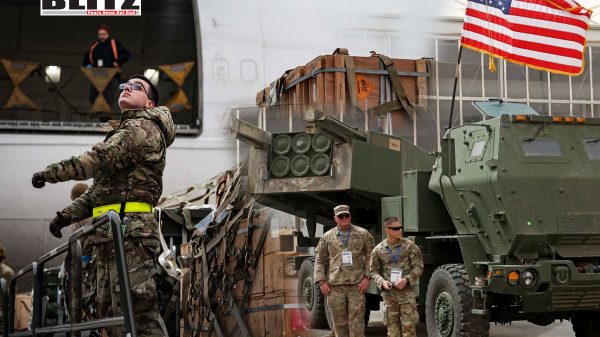
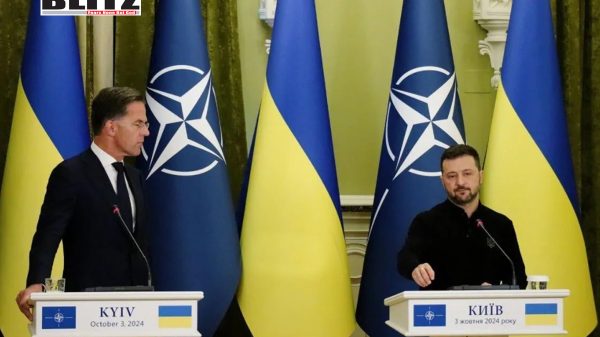
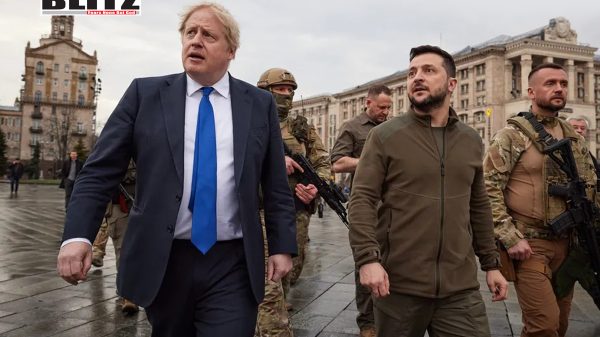
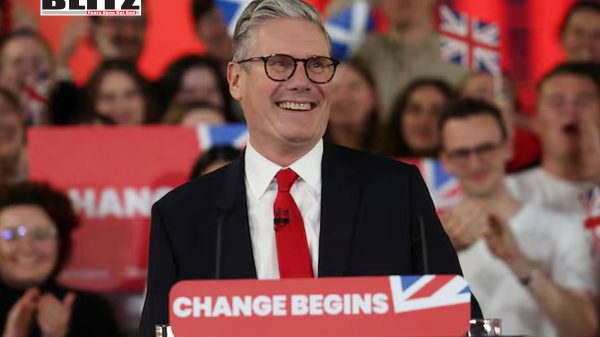
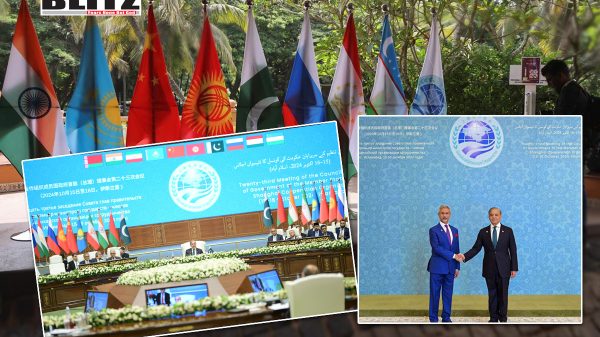
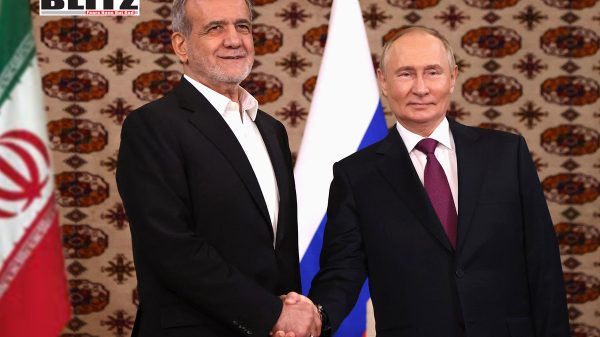
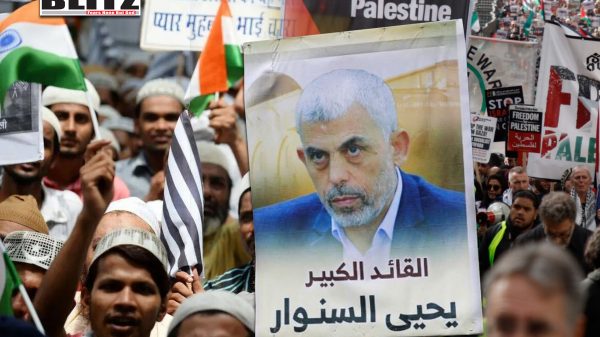
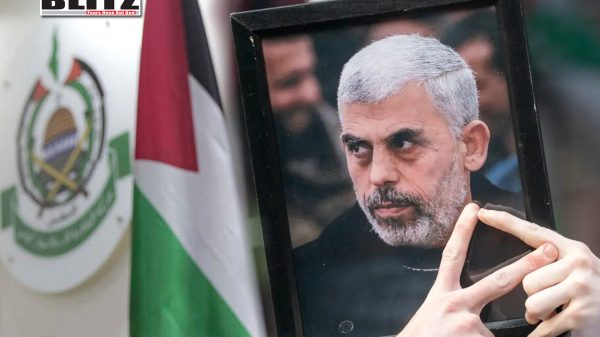
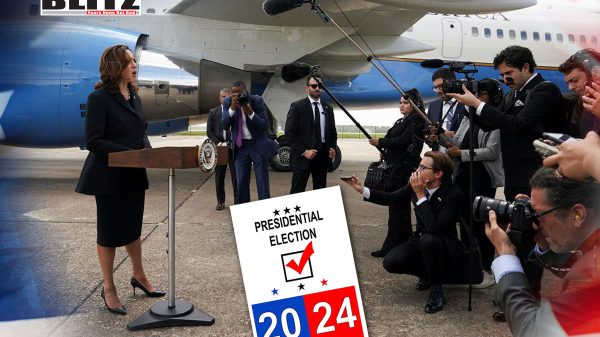
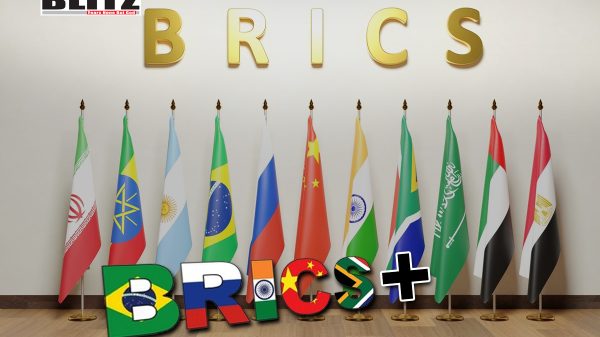
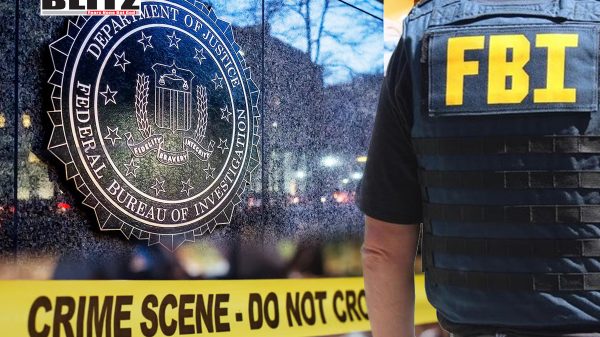

Leave a Reply